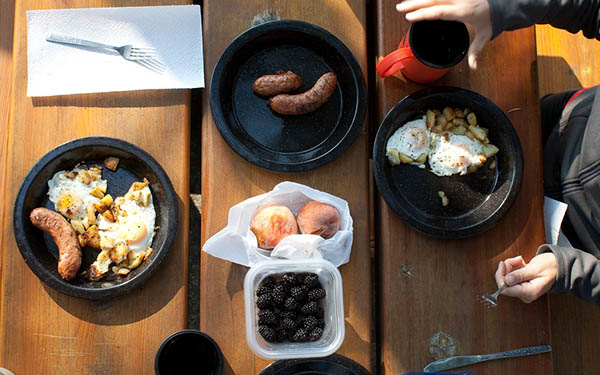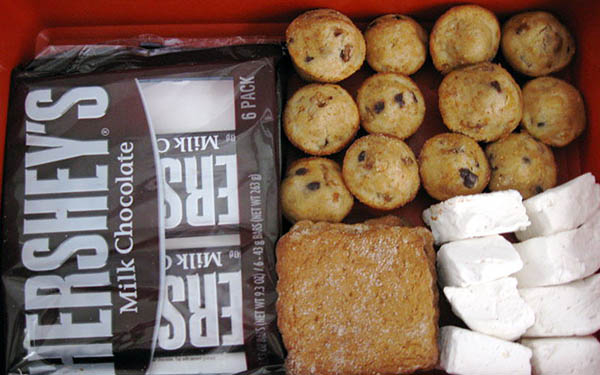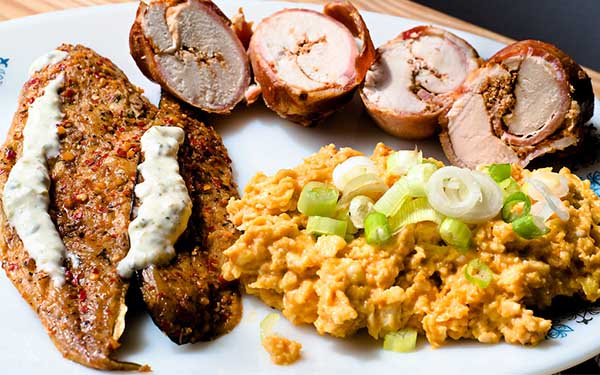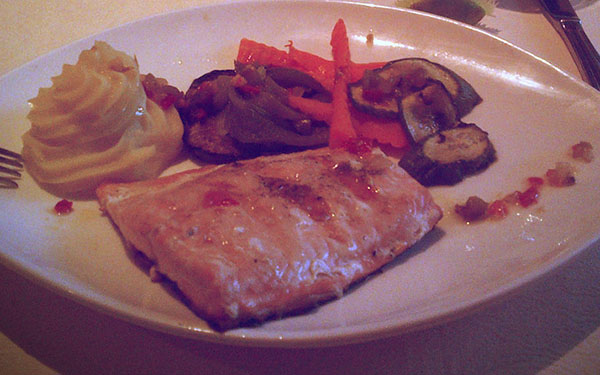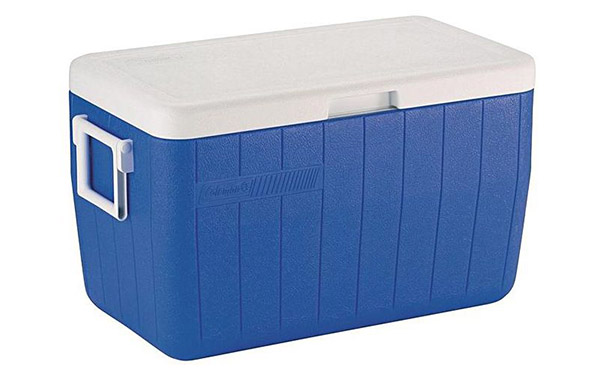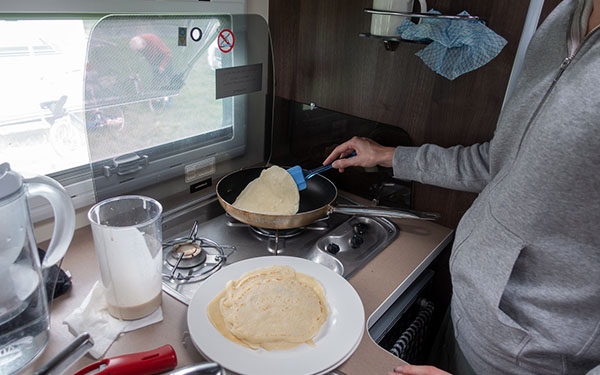Tips for Eating Cheap on Vacation
When you are planning a vacation, you know that you need to account for the cost of eating on the road. And if you have planned many vacations in the past, you know that no matter how well you think you have planned in this regard, you probably will end up spending a lot more on food than you intend.
Eating on vacation tends to be expensive—but it doesn’t have to break the bank. Following are some tips to help you keep food costs to a minimum on your next trip.
1. Budget your food each day
To start with, you need a realistic budget for eating each day on your trip. The emphasis here is on the word “realistic.”
While you want to keep your food costs as low as you can, if you set your budget unrealistically low, it will not help you to constrain your costs on the road. Once you realize you will exceed it, you will be tempted to just shrug and think, “Well, I am on vacation, so let’s stop worrying about it.”
But that means you may massively exceed your budget. At that point, your trip can become exorbitantly expensive.
So budget, but use common sense. Allow yourself to spend more on daily food costs than you would at home—but put a sensible cap on it.
2. Bring snacks along on your trip
It isn’t just eating out which costs a lot on vacation—it is eating often. Driving, hiking, and other vacation activities cause us to feel more hungry throughout the day than we would at home.
That means if you usually eat two meals a day, you may want three. If you usually eat three, you may want four.
To prevent yourself from splurging on extra meals—and losing valuable drive time—bring along some inexpensive but delicious snacks that your family can enjoy without pulling over.
3. Eat foods which are high in protein
Did you know that research shows that protein-rich foods increase satiety? Have that in mind when packing snacks and when ordering food. For example, a bag of nuts will keep you more satiated than a bag of chips.
4. Order smaller portions which are less expensive when possible
Restaurants sometimes sell half portions as well as kids’ menu items which cost less than full portions. Some also have menu sections for “lighter fare.”
Consider ordering some of these smaller portions. Most full restaurant portions are too much to consume in a single sitting anyway.
If you are traveling without a cooler (see below), food left over on your plate after you are done eating just goes to waste—along with the extra money you spent on it.
5. Bring a cooler so you can store leftovers and eat them later in the day.
You can make large portions at restaurants go further on vacation if you save your leftovers to enjoy later. Even if you are traveling in a car or another vehicle without a kitchen, you can at least bring a cooler with you. Then you can reheat your leftovers for another meal at the hotel later.
6. Stay at places which offer free breakfast.
Speaking of accommodations, another trick to saving money on food when you travel is to look for hotels and motorhome parks which offer complimentary breakfast to vacationers. Since you can usually serve yourself these types of breakfasts, this also saves time.
7. Load up on food before visiting theme parks and/or national parks.
Theme parks usually charge an arm and a leg for food. Food options in national parks also are usually very restricted, managed by one or two vendors. Those one or two vendors know that most visitors are not going to leave the park for food, so they make the most of the situation.
This means that park food too tends to be very expensive. This can even be the case with cafeteria-style options.
So if you are heading to a theme park or about to enter a national park, strongly consider eating at a restaurant nearby first. It will probably save you a significant amount of money. There is also a good chance the food will be better. You can certainly bet that the selection will be larger.
8. Hire a motorhome and prepare your own food.
Finally, the best way to save money on food while on vacation is to prepare it yourself. While there are some hotel rooms which include kitchenettes, an easier option is to take your kitchen with you wherever you go.
How can you do that? By renting a motorhome. With a motorhome, you can have access to an oven, cooktop, microwave, fridge and freezer.
That means that if you bring along sufficient ingredients and cookware (which might be included with your rental), you can make affordable and delicious home-cooked meals.
Plan Ahead to Save Money on Food While on Vacation
The cost of dining while on a trip can add up quickly, often exceeding your expectations by a surprising amount of money.
But by planning ahead, purchasing smaller portions, snacking, and hiring a motorhome where you can prepare your own meals, you may be surprised by just how much you can save.

 English
English
